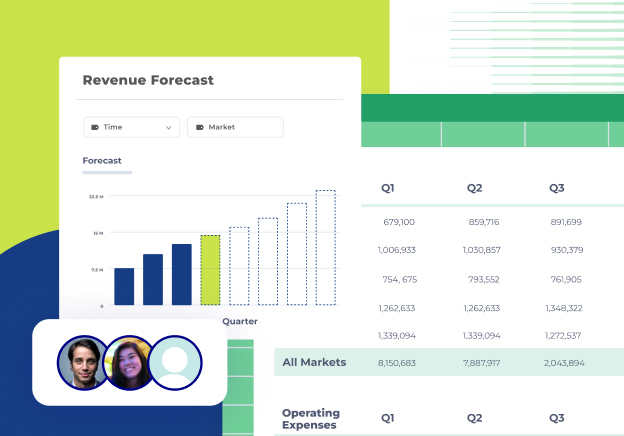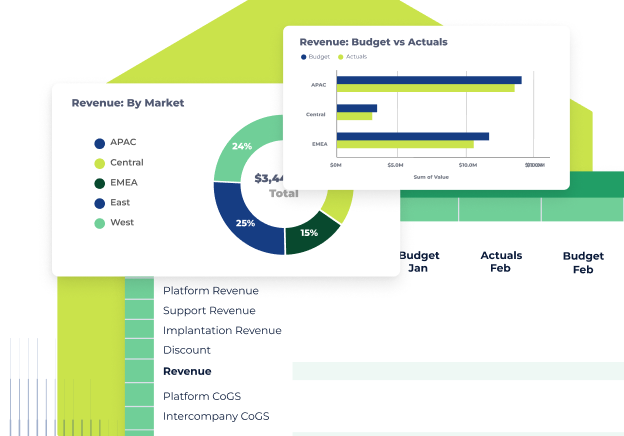Cube
☰








.png)
Product
Solutions
Resources
Company

About Cube
Explore our vision and team

Careers
Help shape the future of FP&A

In the News
Cube featured in top publications

Security
Enterprise-grade, cloud security
Newsletter
.png)
A newsletter for finance pros—by finance pros. Get practical, strategic finance insights from those who’ve been there—straight to your inbox.

.png)






.png?upscale=true&upscale=true&width=600&name=Email%20Header%20Customer%20newsletter%20%20V1%20-%20Left%20(25).png)